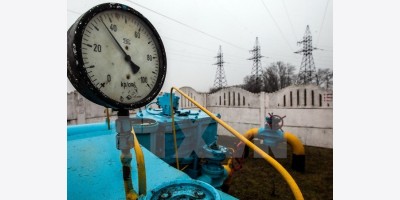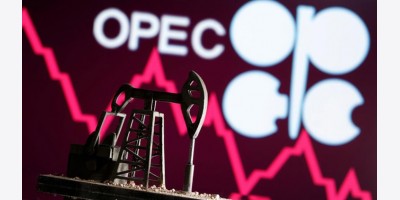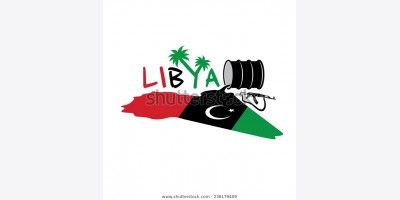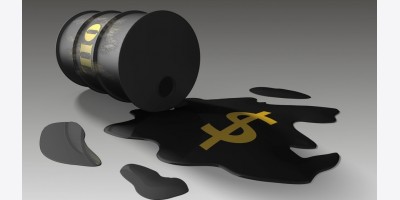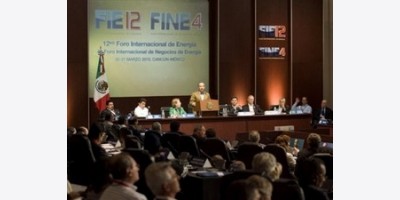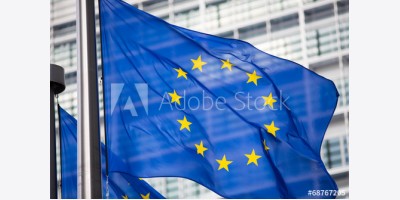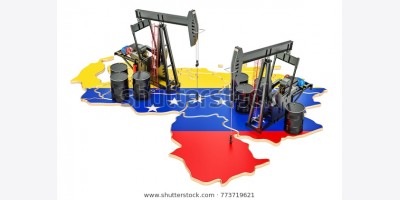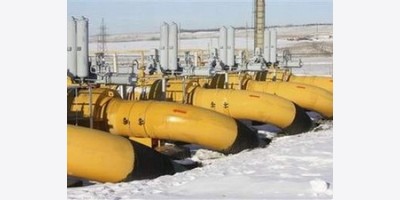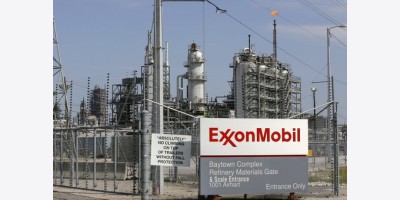Saudi Arabia’s oil-fueled economic boom is showing signs of losing steam.
Official data released last week showed demand for loans growing at the slowest pace since 2011 and the kingdom’s currency reserves plunging for a third month in a row. An index reflecting the performance of the non-oil private economy fell to the lowest level in a year in May.
The numbers signal that the drop in oil prices is starting to hurt the biggest Arab economy at a time when the kingdom is undergoing sweeping political changes at home and waging a regional war. The government is moving ahead with spending plans that will widen the budget deficit to 20 percent of economic output, the International Monetary Fund says, fueling speculation it will tap debt markets to plug the gap.
While overall growth levels are likely to remain stable, the “quality of that growth will be more reliant on government consumption and investments,” said Raza Agha, chief Middle East and Africa economist at VTB Capital Plc in London. “The private sector will be hit more by negative oil-price sentiment, and perhaps even regional dynamics.”
Credit Growth
Bank credit to private businesses and consumers grew 9.5 percent in April, the slowest pace in four years. ATM withdrawals, which reflect consumer spending, dropped, indicating that the impact of a two-month bonus to public-sector employees ordered earlier this year has faded.
Saudi Arabia is leading a bombing campaign against Yemeni Shiite rebels it says are backed by rival Iran. At home, King Salman has made sweeping leadership changes since he took power in January, shuffling his cabinet twice and naming his son as second-in-line to the throne. The government is also allowing foreigners direct access to the stock market for the first time starting this month.
The “political changes” have led to uncertainty over the government’s investment program, according to Simon Kitchen, a strategist at Cairo-based investment bank EFG-Hermes.
Deema Almashabi/ Bloomberg




